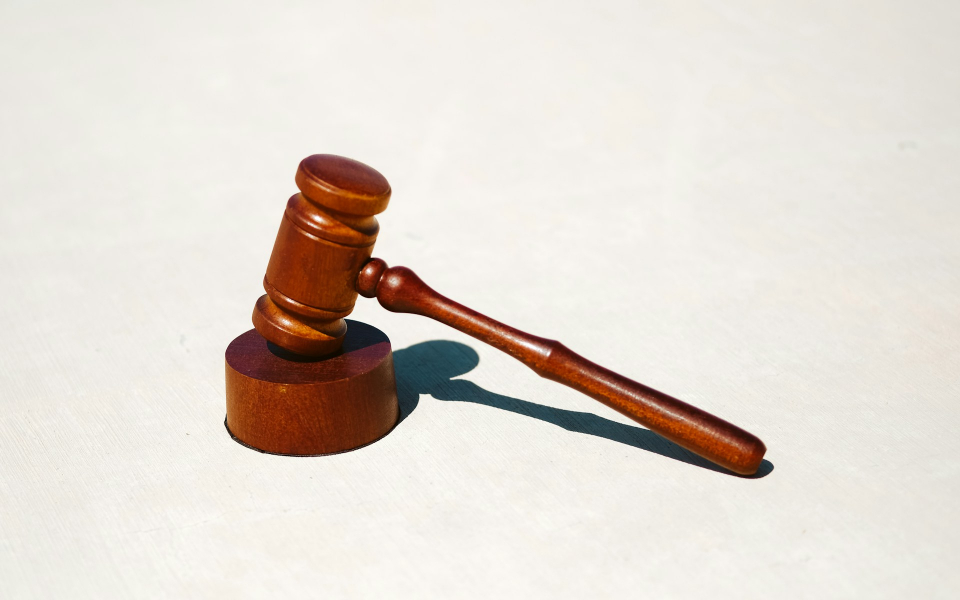Securities and Exchange Commission Chair Gary Gensler joined CNBC's "Squawk On The Street" Wednesday to discuss a number of topics that are top of mind for investors, including AI's role in public markets, recent trading activity in GameStop Corp
Gensler On AI
Gensler told CNBC that he believes AI is "the most transformative technology of our time.
"We're taking human decision-making and more and more putting it in the box, in the algorithms, so I think that's transformative, it's a good thing for capital markets, but it also raises real risks," the SEC chair said.
The introduction of AI in public markets comes with challenges including potential conflicts of interest, fraud and overconcentration, he said. The SEC has to consider the potential for AI to trade against market participants or attempt to defraud investors, the top market regulator said. He also suggested that being reliant on one or two models could cause broader complications for capital markets.
"These are more difficult challenges, more real challenges and the conflicts are real too," Gensler said.
Cat Got Your Tongue?
CNBC's Jim Cramer asked Gensler whether the SEC was looking into recent trading activity in GameStop and potential manipulation from Keith Gill, better known as Roaring Kitty.
"You would expect us to investigate where we investigate, but we don't talk about it publicly because we follow the facts and the law, and only if we think there is something to bring in front of a court, do we then talk about it publicly," Gensler said.
Gill is reportedly facing increased scrutiny from regulators related to his recent GameStop trades and posts on social media. Despite Gensler's response, Cramer kept pushing, referencing a meme Gill previously posted of a person sitting up and leaning forward in their chair.
"It's not not so hypothetical because you are describing things that are in the public domain and the public is interested in, but generally speaking, you have to make sure that you don't mislead the public and that you don't, in any way, do things in the markets that may be manipulative or misleading," Gensler said.
"Disclosure doesn't necessarily protect a bad actor. If they're manipulating a market, you can't just simply disclose that away."
Congressional Trading
Many members of Congress are active investors in public markets, which has raised questions about potential conflicts of interest.
When asked about trading patterns of members of Congress, Gensler said everyone has to play by the rules, including making sure you don't trade on insider information.
"The same rules apply to all of us to make sure that we do right by the law," Gensler said.










